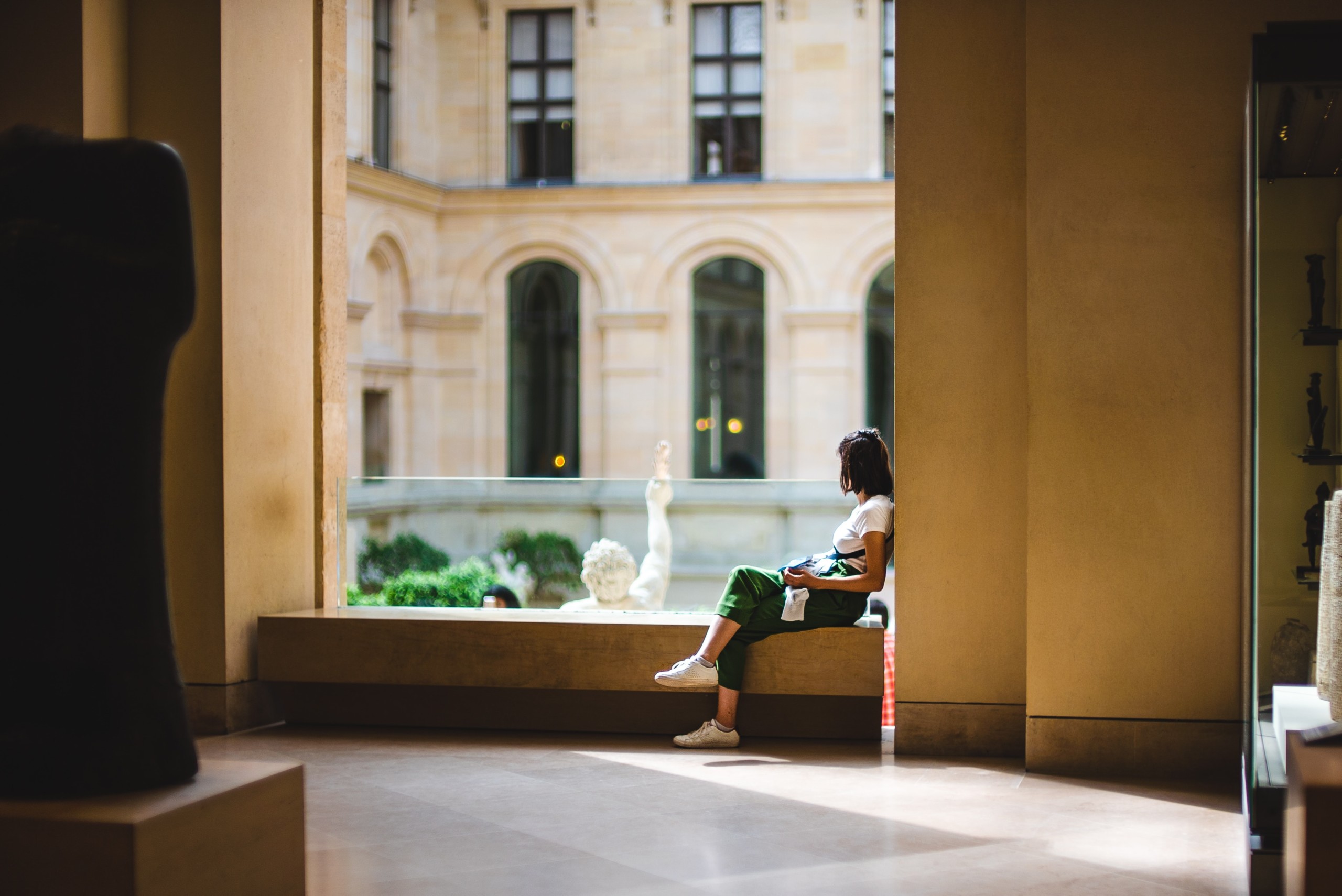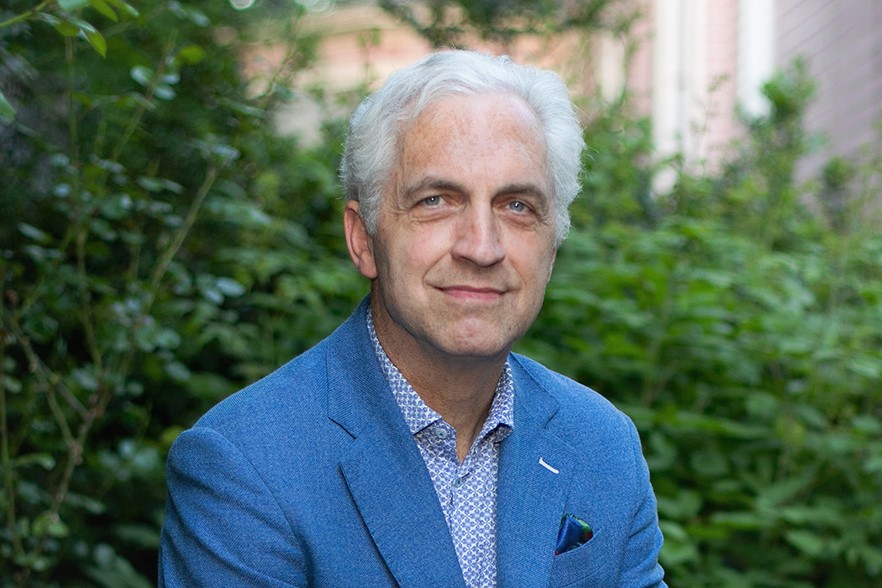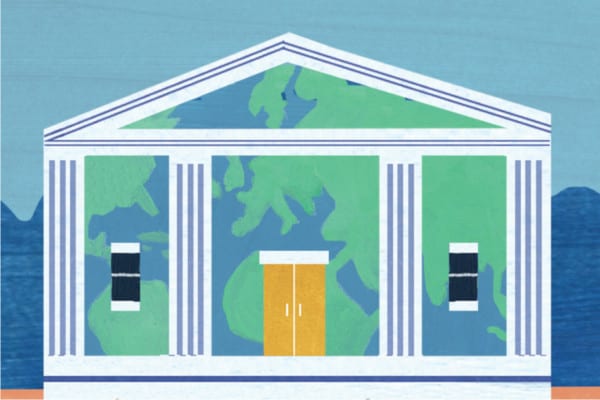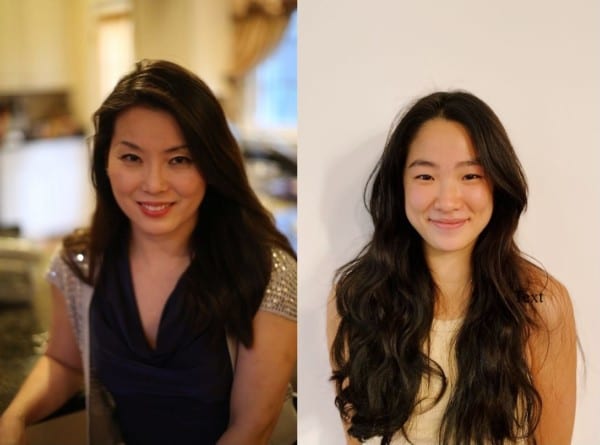I went to a birthday party this August, a few weeks before school started again in-person for the first time since March, 2020. A rising senior, I realized that, with the exception of a few close friends, I probably wouldn’t know most of the people at the party, or at least wouldn’t have seen them since my sophomore year.
After eighteen months living at home with just my parents, I was surprised to find that “resocializing” among old classmates, and meeting new people, actually felt pretty natural. It turns out that small talk, if nothing else, managed to remain fairly unchanged, even by a global pandemic.
I was caught off guard, though, when the first person I spoke to asked me about my summer job and, even more so, when she wanted to know if I had received a “return offer” to work there after graduation. It’s not that I hadn’t thought about the fact that I’ll need a job after college. It’s just that my concept of proximity to that reality may have been skewed by a pandemic-induced haze of admittedly adolescent habits — sleeping in my same childhood bed, having dinner with my parents around the same kitchen table, driving around the same suburban neighborhood, etc.
Somehow, walking our family’s sheepdog around the cul-de-sac I used to bike with my siblings as kids didn’t exactly scream out to me, “There’s a big, scary world out there! Are you ready for it?”
Like many current seniors, I spent my junior year learning from home, disconnected from my best friends and favorite professors but also perhaps less affected by some of the anxieties that tend to preoccupy upperclassmen nearing the end of college. Still, just as having space from those concerns may have been liberating in the moment, returning to campus and coming to terms with them as a senior has, at times, left me feeling overwhelmed and underprepared.
If nothing else, I hadn’t registered until recently that I was supposed to have something tangible to show for my time in quarantine. And I had forgotten that, for some people, the most interesting thing about me now would be what job I’ve set myself up for post-graduation.
But struggling to survive life over Zoom just didn’t — and still doesn’t — seem to align with the idea of landing a “dream job,” or even being able to figure out what that is. After all, the skeleton of college life that remained after evacuating campus in 2020 was limited to classes. And, as one of my roommates put it, “The way people figure out what they want to do is not classes — it’s being around other people and finding new things accidentally and joining clubs and doing things in ‘real life.’”
If they’re like me, college students pushing through online school over the past year resorted to making safer choices, both for the sake of comfort and because their options to try new things became very limited. I left a number of extracurriculars behind when school first shut down, focusing on adjusting to my new lifestyle and uninterested in pursuing activities over Zoom that seemed to require the in-person component.
Yet, the cost of not having taken many risks during the pandemic now seems to be rearing its head, as the prospect of missed opportunities hangs over me and some of my friends. Whether or not we actually had the option to branch out during quarantine, the sense lingers that, as seniors, we should have explored more at this point and become more confident in who we are and what we like. The relative uncertainty, then, can be enough to make some question whether they have a clue what they want to do after school and others feel trapped by the jobs they’ve already committed to.
Of course, regardless of a pandemic, college seniors inevitably confront the discomfort and confusion of approaching graduation. But the difference for this year’s class may be that they never experienced the traditional transition to becoming seniors, including watching classes before them model the process. “In past years, you might be lost, but you’re sort of like, ‘I know this is coming.’ You see the people above you struggling,” one friend said. “But we were sophomores, and now we’re suddenly supposed to be the oldest, most mature people.”
Whether or not we actually had the option to branch out during quarantine, the sense lingers that, as seniors, we should have explored more at this point and become more confident in who we are and what we like.
There was certainly a regression in going home and reverting back to high school versions of ourselves, who may have enjoyed the stability of being parented again but also didn’t get to face the test of more independent life. And this notion of having been “held back” leaves some of today’s seniors feigning experience, with the nagging awareness that they still identify as sophomores. As my roommate said, “I’m terrified to graduate because I feel like I just got here.”
This summer, as schools prepared and media obsessed over the state of education “post-Covid,” I heard time and again that there would be three classes of freshmen on every college campus this fall: the “actual” freshmen, the sophomores deprived of a traditional freshman year, and the juniors who were freshmen when last on campus. But the seniors, despite their title of sophistication, are also reeling from, if not grieving for, their junior year.
While the debate over which class suffered most as a result of the pandemic strikes me as reductive at best, junior year also seems like a formative one to have “missed.” Perhaps for the first time, juniors arrive on campus having established solid academic and personal foundations, prepared to pursue coursework that truly excites them or cultivate spaces and friendships that make them feel they belong at college.
So, as today’s seniors navigate their final year, some may be particularly unsettled by the unknowns of their respective futures, unfolding in a world that remains off-kilter. They themselves may still be coming to terms with the way that the pandemic affected them, or stunted them, not only intellectually or professionally, but in personal development. Yet, regardless of when or to what extent this impact hits them, they’re sure to need the compassion and perspective of those around them to center them — and help them forward.
Mollie Ames is a senior at Harvard University and was a summer intern at the Mary Christie Institute.




